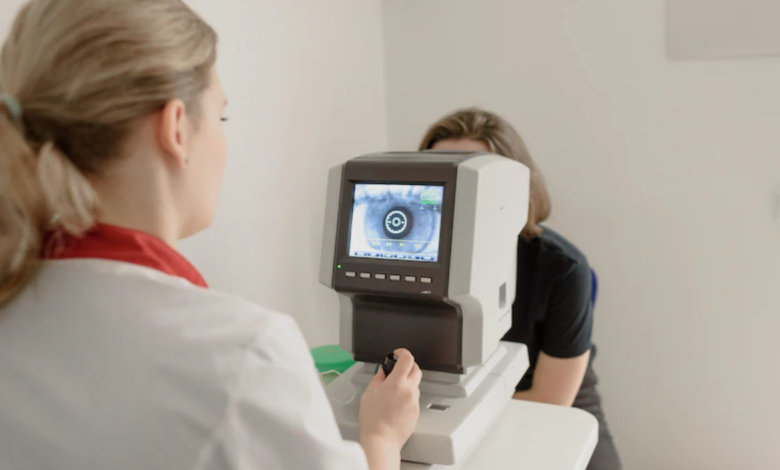LASIK Surgery and Medicare: Is It Covered?

Medicare and LASIK Surgery Coverage
If you’re a Medicare beneficiary considering LASIK eye surgery to improve your vision, you might wonder if Medicare will cover the costs. Unfortunately, Original Medicare does not cover LASIK, and neither does a Medigap plan. However, some Medicare Advantage plans might offer coverage as part of their additional benefits. Additionally, you can look into vision insurance or financing plans to help pay for the procedure.
This article will guide you through everything you need to know about Medicare’s relationship with LASIK surgery and alternative payment options.
Understanding LASIK Eye Surgery
LASIK (Laser-assisted in situ keratomileusis) is a popular eye surgery designed to correct vision issues like farsightedness, nearsightedness, and astigmatism. This quick, generally safe procedure lasts about 20 minutes, with patients often seeing immediate results and potentially eliminating the need for corrective lenses. However, there are risks, including rare but serious injuries and the possibility of needing additional surgery in the future. Some patients may experience side effects like dry eyes or nighttime glare, although these are uncommon.
Benefits of LASIK
- Potential improvement for various vision issues
- Quick procedure with immediate results
- May eliminate the need for glasses or contact lenses
Risks of LASIK
- Uncommon side effects such as dry eyes or glare
- Rare but serious vision complications
- Possible need for future surgeries
LASIK Eye Surgery Costs
The cost of LASIK can be around $2,000 per eye without insurance. Most insurance plans, including Medicare, do not cover it as it’s considered an elective procedure.
Medicare’s Stance on Vision Care
Original Medicare, comprising Part A (hospital insurance) and Part B (medical insurance), doesn’t cover routine vision care, including eye exams, glasses, or contact lenses. However, it does cover one pair of corrective lenses post-cataract surgery and certain medically necessary vision exams, like annual exams for individuals with diabetes or those at high risk for glaucoma.
Does Medicare Cover LASIK?
Since LASIK is deemed elective, Medicare doesn’t cover it. However, it does cover other types of medically necessary surgeries.
Medicare Advantage Plans and LASIK
Medicare Advantage (Part C) plans, offered by private insurance companies, often include extra benefits such as vision care, which might cover LASIK. Coverage varies, so it’s important to check with the insurance provider.
Choosing a Medicare Advantage Plan for Vision Benefits
Not all Medicare Advantage plans cover vision care, but here’s how you can check:
- Use Medicare’s plan comparison tool to compare options.
- Consult with a licensed insurance agent for detailed information about plan benefits.
Medigap Plans and LASIK
Medigap plans, designed to supplement Original Medicare, do not cover LASIK or other vision care costs.
Using Vision Insurance for LASIK
Separate vision insurance policies, available through private insurers, often include coverage for routine eye exams, corrective lenses, and discounts on procedures like LASIK.
Paying for LASIK Without Coverage
If you don’t have a plan covering LASIK, consider these options:
- Financing plans from finance companies can cover elective procedures like LASIK.
- Flexible savings accounts (FSAs) allow you to use pre-tax dollars for medical expenses, including LASIK.
FAQ
- Does Medicare cover LASIK surgery? No, it’s considered elective and not medically necessary.
- How long does LASIK last? For most, LASIK results are lifelong.




